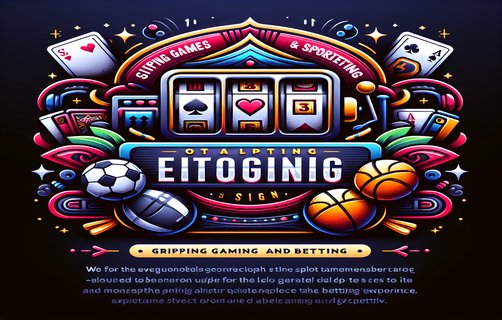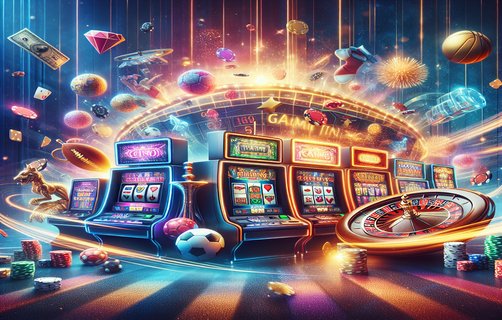The Psychological Playbook: Enhancing User Experience in Poker
Poker, a game that oscillates between luck and strategy, offers unique experiences that captivate players worldwide. The user experience in poker is not just about the game mechanics; it intertwines elements of psychology, motivation, and environmental cues. Understanding these dimensions can significantly enhance the enjoyment and engagement of the game. In this exploration, we delve into several key aspects that influence the user experience in poker: instant bonuses, minimizing variance, the allure of Vegas-style casinos, the risk-reward ratio, sound effects, casino reviews, and cash game tactics.
Instant Bonuses are a powerful tool in attracting and retaining players. For many, the thrill of poker starts with the enticing prospect of rewards. Instant bonuses act as immediate motivators, tapping into the psychological principle of immediate gratification. The essence of a bonus lies not only in its monetary value but in the emotional boost it provides. When players receive an instant bonus upon joining a platform or participating in a game, it enhances their sense of achievement, which can draw them deeper into the gaming experience, increasing both engagement and loyalty.
Another psychological element is minimizing variance. In poker, variance can create frustration for players, especially novices. Managing variance effectively involves creating a more predictable experience, fostering players’ sense of control. This control enhances their confidence, making the game more enjoyable. Strategies such as bankroll management and understanding pot odds can empower players, allowing them to navigate the rollercoaster of highs and lows inherent in poker without feeling overwhelmed. When players feel they can control their destiny, their overall satisfaction with the game deepens.
The allure of Vegas-style casinos provides another fascinating layer to the user experience. The ambiances are designed to stimulate excitement and euphoria; the vibrant lights, the bustle of activity, and the visual grandeur engage players on a sensory level. These environments evoke feelings of optimism and possibility, which can influence decision-making and risk tolerance. Players often feel a heightened sense of adventure, leading them to take risks they may not consider in a more subdued setting. The social interactions within these casinos further amplify the collective experience, creating bonds among players through shared thrills and losses.
When discussing poker, the risk-reward ratio plays a pivotal role in shaping user experience. Each decision carries potential outcomes that can fuel thrill or anxiety. Players weigh their options and potential gains against the risks involved, and this ongoing calculation adds layers of psychological engagement. The thrill of achieving a favorable risk-reward balance can be addictive. Providing players with clear data on the odds associated with different hands can further amplify this experience, enhancing their perception of skill in a game often deemed as relying heavily on chance.
Sound effects serve as crucial psychological triggers within poker. The ambient sounds of chips clinking, cards being shuffled, and the murmurs of other players create an immersive experience that immerses players in the game. These auditory cues can heighten tension or create relaxation, setting the pace of the game. Well-designed soundscapes can evoke nostalgia for past experiences, triggering emotions related to excitement or disappointment, thus influencing player engagement.
Casino reviews also inform user experience by providing social proof. In the digital age, players often seek validation from others before committing time or money to a platform. Positive reviews can enhance a player's confidence and reduce anxiety regarding decision-making. They can highlight the advantages of specific games or platforms, positively guiding players in their choices and thereby enhancing their gaming experience.

Finally, understanding cash game tactics is essential for those seeking to optimize their poker experience. The psychological aspect of reading opponents, bluffing, and predicting behavior creates a rich tapestry of strategic thought that players engage with. Developing a personal style and adapting to the meta-game can be deeply rewarding, tapping into both skill and social dynamics. Players who cultivate these tactics often feel a sense of mastery and empowerment that reinforces their connection to the game.

In conclusion, the user experience in poker is a multifaceted interplay of psychology, strategy, and emotion. By understanding the intricate dynamics of instant bonuses, variance management, immersive environments, risk-reward assessments, sensory effects, community feedback, and strategic gameplay, we can appreciate the profound impact these elements have on a player’s journey. Whether in a bustling casino or within the comfort of home, poker remains more than just a game — it is an evocative exploration of risk, reward, and human interaction.
